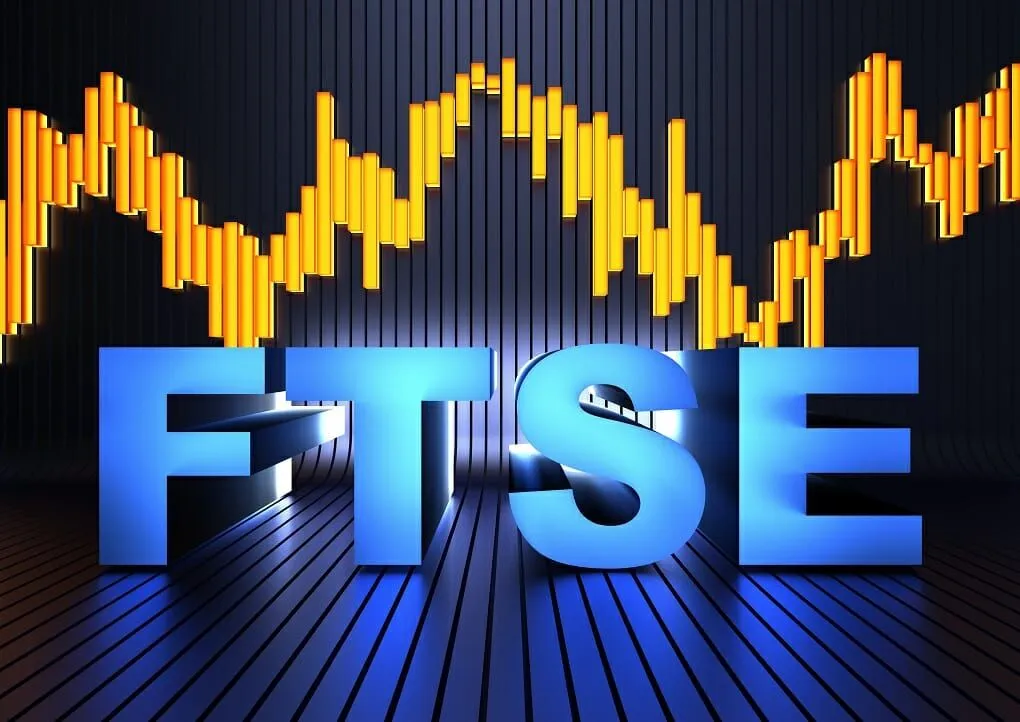Sweeping changes in the digital slot machine world in the UK as new limits to slot stakes are approved. It should probably not come as any surprise that the UK’s Department for Culture, Media and Sport (DCMS) has introduced new stake limits for online slots, which bring them more into line with land-based gaming machines. This followed a review of the Gambling Act 2005, and a white paper was published last April.
The government said it wanted to modernise regulating the gambling sector. After all, when the Gambling Act was introduced, online/digital gambling was little more than a pipedream. However, technological leaps and bounds in software, hardware and network speeds transformed the gambling landscape, and it was felt that regulation needed to catch up.
It has been announced that there will be a statutory maximum stake limit of £5 per spin for players over the age of 25 and £2 for younger adults aged 18-24. The UK government say that it believes these limits will achieve its stated objective of reducing gambling-related harm while not disrupting players who are not affected. The government is keen to stress that this should be a limit that players can stake up to and not be the new default stake on offer. Labour have been on the front foot in terms of policy since gaining power, and have made no attempt to reverse the decision.
There are thousands of online slots to play in the UK, and some operators offer free spins and demo versions of games so players can get a good idea of how games work before playing with their own money. While some gamblers are drawn to placing big bets, it is undeniable that it is possible to get a great adrenaline rush playing with lower stakes, too. You only have to think of the fun you can have playing penny arcade games at the seaside to know it is not the size of the stake that dictates the fun. Players need to make sure they know what is on offer and be sure to check out that they are playing on legal sites.
There is some fear that reducing stakes will push some high-stakes players to take a chance on black-market sites. However, most players are expected to value playing in a regulated market and be assured by the safeguards this offers them. If UK players find themselves on sites offering higher stakes than the maximum limits, they will know they are on a black-market or unregulated site. However, there will still be some unscrupulous operators who appear to abide by the rules but are still unlicensed. It is important that players make sure they are playing on legitimate slot sites in the UK. Research always helps, but this does not have to be a solitary pursuit. Online review sites do most of the work for the players and shortlist the best sites available.
There have been mixed reviews from the industry, and concerns have been raised about the effectiveness of the measures. The government itself predicts it could cost the industry up to £166.2 million per year. However, stocks of the largest gambling companies have remained largely stable. Michael Dugher, CEO of the Betting and Gaming Council (BGC), welcomed the changes but acknowledged there would be a financial impact on BGC members and their customers, saying,
“It is important to recognise that measures like this come with a cost to our members and impact their customers,”
He added,
“Nothing in the white paper should be viewed in isolation but instead be seen as a total package, and I would urge ministers and the regulator to remain mindful of the overall impact all these changes make for BGC members. We must avoid customers drifting to the unsafe, unregulated black market online if we don’t tread carefully and get the balance of regulation right”.
Paul Leyland of Regulus Partners, a global strategic advisory business focused on the sports and leisure sectors, reinforced the point. He argued that despite the government’s intention to reduce harm, questions remained regarding how efficacious the policy would be and expressed concern about its potential to drive demand towards unregulated platforms. He referenced a 2017 study which examined revenue trends with different stake thresholds across the online slots market. The study found that spins over £2 generated 49% of revenue and those over £5 28%.
The counterargument could be that players would play longer, and if they had set a budget before starting out, there might be little effect on the overall pot. However, the higher stakes still amount to around £700 million in the online sector, which could leave a significant revenue hole.
In a note to shareholders, Leyland wrote
“In addition, we believe the revenue at risk from the £2 limit for under 25s is likely to be c. £30m, giving a total revenue risk of £730m,”
Leyland also predicts that the loss of stakes of £10 and above could lead to a loss of approximately around £460m or 15% of slots total revenue.
While the government hopes the changes will prevent gambling harms, Leyland claims the action will drive up the UK black market to double what it is now. He estimates that it will account for 10% of the total. In conclusion, that could lead to a rise in problem gambling rates as customers would find themselves playing on sites that lack sufficient protections or ethical standards.
Campaigners for more stringent gambling regulation had wanted a blanket state limit of £2 across the board but acknowledged it was a step in the right direction. However, Charles Richie, co-founder of the charity Gambling With Lives, said he believed it was a missed opportunity.
The introduction of the policy has not been without controversy. Conservative MP Scott Benton lost his job after he was discovered to be breaching Commons rules by offering to table questions and lobby ministers on behalf of gambling investors. That was one gamble that did not pay off for him!
